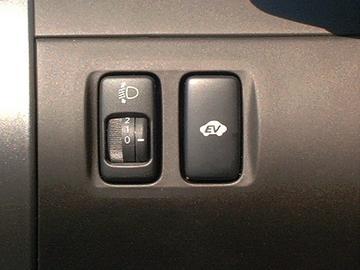SomptingGuy
Automotive
Maybe I'm being cynical here but the thermal efficiency of a power station, minus the power distribution losses would make a plug-in car less thermally efficicient overall than a good diesel or a regular hybrid. So how is the plug-in charging cost-effective. The usual answer: tax.
In the UK diesel for use on farms is virtually untaxed (3p/litre) coompared with diesel for road use (49p/litre). It contains a special dye to make it easy to identify.
I wouldn't be suprised if a similar two-tiered taxation suddenly appeared for vehicles charged up from the mains? It could be illegal to fit a regular UK 3-pin plug to a car - only government-approved new plugs could be mandated that only fit special high-tax meters.
Mind you, the same arument holds for all those people who've switched to LPG to reap the savings. Once the tax catches up, they'll be paying the same.

